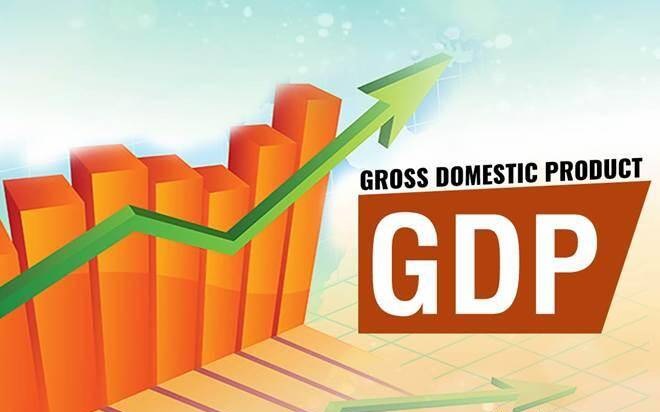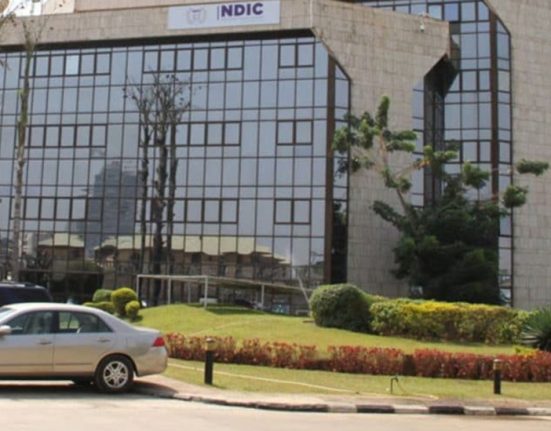By Oluwashina Iyanda
The Nigerian economy sustained its growth performance in the first half of 2022 as its real gross domestic product (GDP) grew by 3.11 per cent from 0.51 per cent in the corresponding quarters of 2021.
This is contained in the Half-Year-Activity Report of the Financial Department of the Central bank of Nigeria (CBN) released on its website on Thursday.
The GDP grew by 3.54 per cent in the first and second quarters of 2022 respectively,
In the third and fourth quarters of 2021, the growth was 3.98 and 4.03 per cent respectively.
The report also attributed the growth in all the quarters to the significant contribution of the non-oil sector.
This was occasioned by the accommodative monetary policy that prevailed in most parts of the review period, real sector financing and expansionary budgetary expenditure.
The growth performance showed the non-oil sector grew in real terms by 6.08 per cent and 4.77 per cent in the
first and second quarters of 2022, respectively.
Read Related News:
These compared to 0.79 per cent and 6.74 per cent in the same quarters of 2021.
The non-oil sector contributed 93.67 per cent to aggregate real GDP in the second quarter of 2022,
marginally higher than the 92.58 per cent recorded in the corresponding period of 2021.
The report said information and communication, trade, financial and insurance services, transportation, agriculture and manufacturing sub-sectors drove the growth in the non-oil sector.
Meanwhile, the oil sector’s real GDP growth rate was -26.04 per cent and -11.77 per cent in the first and second quarters of 2022, respectively.
These compared with -2.21 per cent and -12.65 per cent in the corresponding quarters of 2021.
By relative contribution to the real GDP, oil sector accounted for -0.87 per cent in the second quarter of 2022.
This is, however, higher than the -2.41 per cent recorded in the second quarter of 2021.
In terms of percentage share of the GDP, oil sector accounted for 6.48 per cent in Jan-June of 2022.
Also Read:
Nigeria must move from consumption to production country – Obi
This is lower than the 8.34 per cent recorded in corresponding period of 2021.
Inflationary pressures persisted during the review period.
Headline inflation increased from 15.60 per cent in January to 18.60 per cent in June 2022.
This is against the 16.47 per cent and 17.75 per cent recorded in the corresponding periods in 2021.
The report attributed the elevated levels of inflation in the review period to the effects of Russia-13.
This was classified as a Confidential Ukraine crisis on energy prices.
Other factors are imports, internal security challenges and expansionary fiscal expenditure among others.








2 Comments